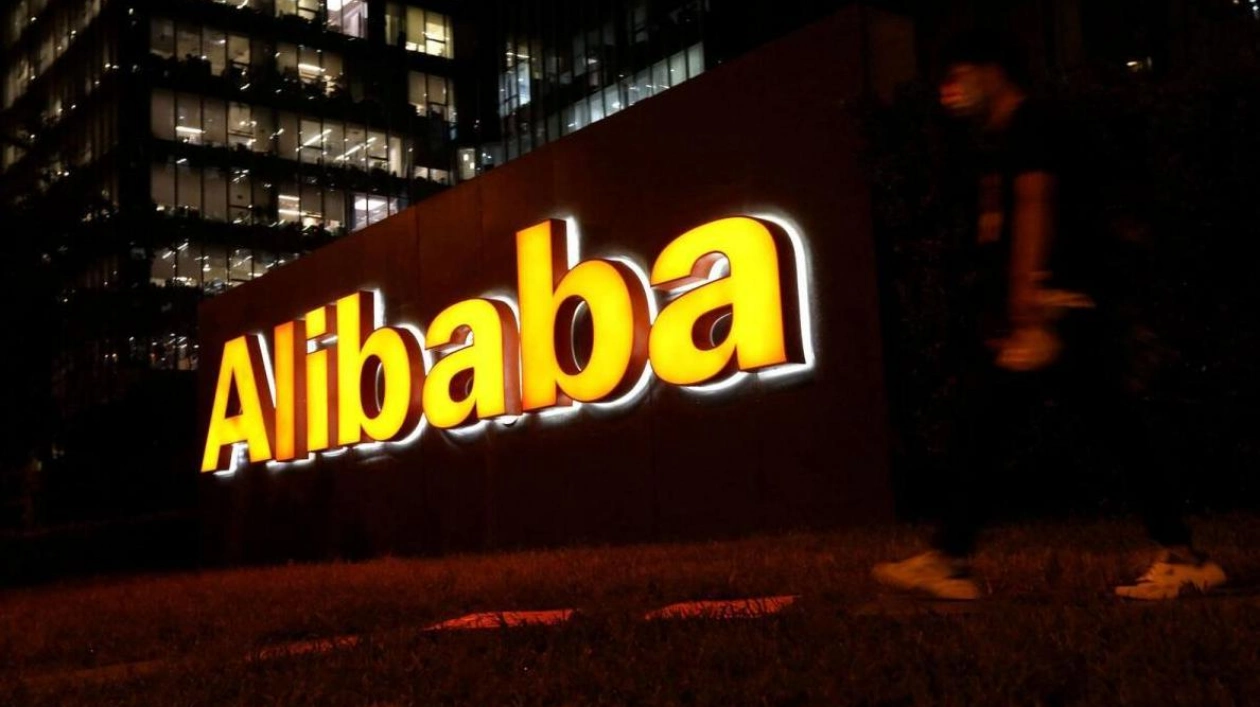Chinese e-commerce leader Alibaba announced a 29 percent decline in quarterly earnings on Thursday, as it grapples with weak consumer spending amid an economic downturn. According to a corporate filing, net income attributable to shareholders stood at 24.3 billion yuan ($3.3 billion) for the quarter ending June 30, a decrease from 34.3 billion yuan in the same period in 2023.
Alibaba operates some of China’s most widely used e-commerce platforms, and its performance is often seen as a barometer of broader economic conditions. On Thursday, China released a set of disheartening economic indicators, despite recent government efforts to stimulate growth. Alibaba’s revenue for the first quarter reached 243.2 billion yuan, a 4 percent increase from the previous year.
“In this quarter, we continued to invest for growth in our core businesses while cutting losses in other business units through improved operational efficiency,” stated chief financial officer Toby Xu in the filing. Alibaba repurchased $5.8 billion worth of shares in the first quarter, part of an initiative to reassure investors amid shrinking profits. Its performance sharply contrasted with that of rival JD.com, which reported a significant 92.1 percent rise in profit for the past quarter.
Thursday’s announcement comes as Alibaba faces growing competition from Pinduoduo, another shopping app whose parent company owns the internationally popular budget shopping app Temu. As slow growth affects consumers’ finances, more shoppers are opting for generally lower-priced items on the Pinduoduo app instead of Alibaba’s Taobao and Tmall platforms. This shift in shopping habits briefly led to Pinduoduo’s parent company surpassing Alibaba in market capitalization in November.
Alibaba’s influential founder Jack Ma, who has stepped down from his position at the group, has encouraged his successors to adapt to changing consumer preferences. Last year, the company undertook its most significant restructuring ever, dividing the group into six separate entities and replacing CEO Daniel Zhang. This reorganization followed several years of turmoil in China’s tech sector, as authorities tightened regulations on what was once a loosely controlled industry.
Uncertainty about Alibaba’s future has lingered since top Chinese leaders halted a planned IPO of its financial services arm, Ant Group, in late 2020. The canceled public listing, which could have been the largest in history, was followed by an announcement that Alibaba was under formal investigation in China for alleged monopolistic practices. Earlier on Thursday, official data showed that Chinese retail sales rebounded in July, while industrial production growth slowed, underscoring a patchy recovery in the world’s second-largest economy.






